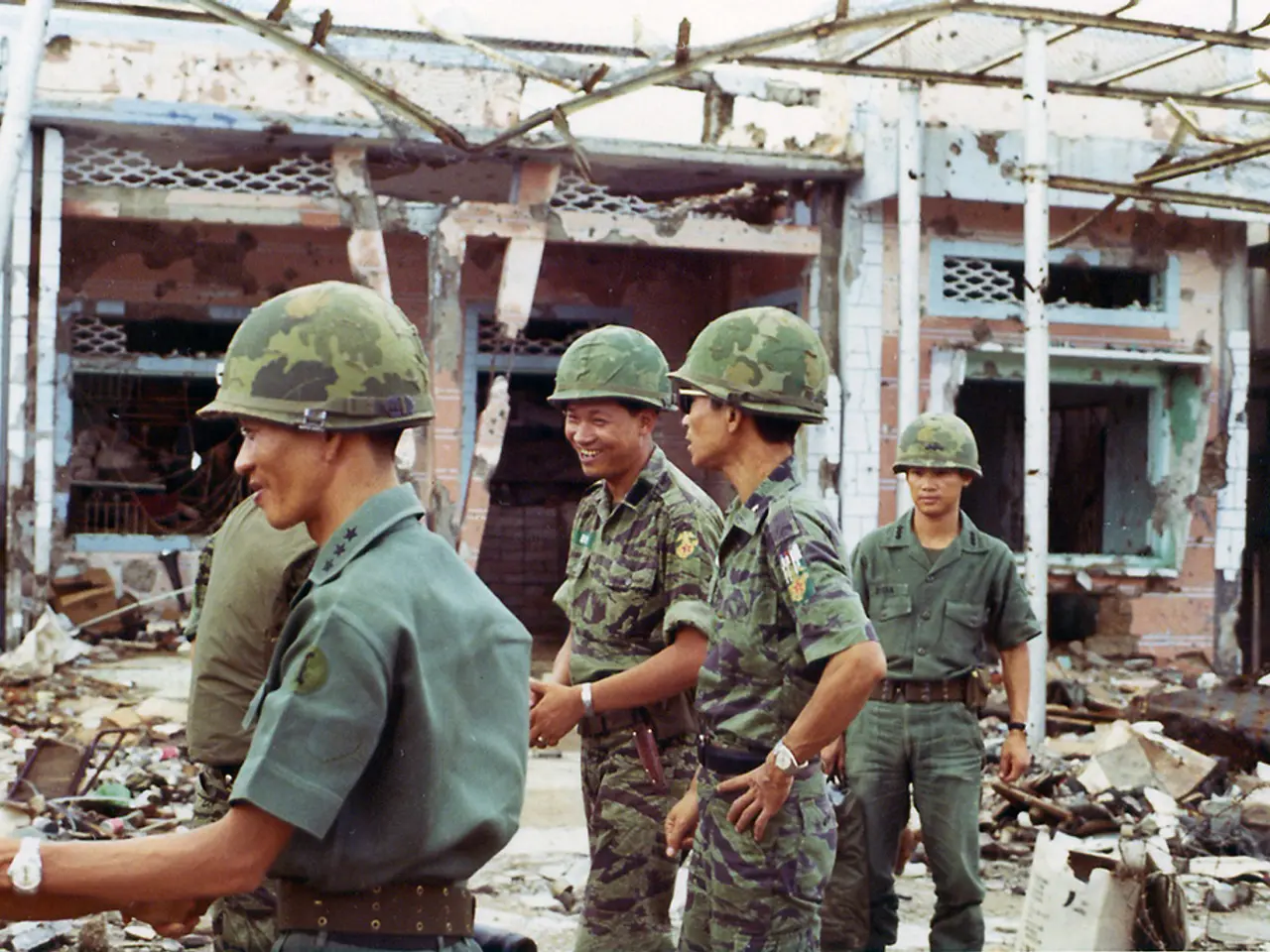Deteriorating housing assistance sparking distress among Ukrainian families
The Accommodation Recognition Payment (ARP), a tax-free monthly State payment for homeowners who provide accommodation to people fleeing the war in Ukraine, is set to drop from €800 to €600 per month from July 8th[1][3][5]. This change will have a direct impact on both hosts and the Ukrainian refugees themselves in Ireland.
## Impact on Hosts
The reduced financial incentive of €200 per month may decrease the incentive for private hosts to continue offering accommodation, especially if the cost of hosting (utilities, maintenance, etc.) is high or rising[3]. Some hosts may decide to disengage from the scheme, reducing the overall availability of private rental accommodation for Ukrainian refugees[2]. Hosts experiencing financial difficulty can still apply for the Additional Needs Payment, but this is decided on a case-by-case basis, not guaranteed[3].
## Impact on Ukrainian Refugees
The reduction in payment may lead to a rise in homelessness or displacement among Ukrainian refugees, as they struggle to secure suitable housing[1]. The precarity and instability experienced by refugees may also increase, as private rental arrangements become less secure and more volatile[4]. This mirrors challenges seen in other countries where refugee integration and stability are affected by policy and economic factors.
## Broader Context
The government cites fiscal management as a reason for the reduction, but this move comes at a time when demand for refugee accommodation remains high[6]. The decrease may also affect the goodwill and sense of community that many hosts have shown, potentially undermining the social integration of Ukrainian refugees in Ireland[6].
As of June, over 100 Ukrainians seeking protection continue to arrive in Ireland each week[7]. To date, 39,734 people, including nearly 8,800 children, are being hosted by 17,097 Irish homeowners in receipt of the ARP[7]. The number of private properties used to house Ukrainian arrivals through the ARP has risen steadily, from 19,222 in January to 21,790 in June[7].
Desmond Moore, a host, expressed concern that the ARP cut may push Ukrainian families into homelessness[1]. To address this, Mr Moore proposes tiered ARP payments based on average regional rents and a parallel scheme for landlords renting to social housing or low-income tenants[3].
## Conclusion
The reduction in the ARP is likely to make private rental arrangements less attractive and less secure for both hosts and Ukrainian refugees. This could lead to a decrease in available private accommodation and increased pressure on public systems, while also exacerbating the precarity and liminality experienced by many refugees[4]. Civil society groups are preparing for a drop in hosting opportunities once the reduced payment reaches people's bank accounts.
The temporary protection directive for Ukrainian refugees has been extended until 2027[7]. The Government is pushing Ukrainian refugees to move out of State-run accommodation into private rental housing[6]. Ukrainian refugees can request support from the Irish Red Cross or their local authority when a hosting arrangement ends[6]. However, Mr Killoran finds it "staggering" that the Government has not mentioned Ukrainian refugees in its programme for Government[6]. The reduction in the ARP payment makes it more difficult for families to find independent housing.
Citywest Transit Hub offers State-supported emergency accommodation to Ukrainian beneficiaries in need of a new accommodation solution[6]. As the situation evolves, it is crucial to monitor the impact of the reduced ARP on both hosts and Ukrainian refugees and to consider ways to support them effectively.
[1] Irish Times, (2023) Government to cut Accommodation Recognition Payment for Ukrainian refugees. [online] Available at:
The reduced finance from the Accommodation Recognition Payment (€200 per month) may lead some private hosts to disengage from the scheme, potentially reducing the overall availability of private rental accommodation for Ukrainian refugees. The impact of this reduction may result in increased financial difficulty for Ukrainian refugees, perhaps resulting in homelessness or displacement.




